Is it Time to Get Bullish on U.S. Semiconductor Manufacturing?
April 28th, 2023 | Posted in InvestingTime to Get Bullish on U.S. Semiconductor Companies?
In August of 2022, a $53 billion piece of legislation called the CHIPS Act was signed into law. The hope: to catalyze semiconductor production in the U.S. and to “onshore” innovation and advancement of this critical technology. The question is, will it work?
Any time the federal government intervenes in markets and “picks winners” – as it seems to be doing with the CHIPS Act, it is known as ‘industrial policy.’ For decades, industrial policy has been largely frowned upon, as it is effectively the government deciding what sector or industry the economy should advance – instead of letting the market decide.1
In the 1950s and 1960s, industrial policy in the U.S. was largely centered around investing in NASA to develop new technologies like jets and lasers, and to put a man on the moon. But the industrial policy also dates back to the country’s founding, when Alexander Hamilton favored policies to promote U.S. manufacturing instead of relying on the UK.
A better way forward for passive investors.
Passive investing using ETFs has become popular, allowing virtually every investor to participate in the stock market with an ETF index fund that tracks the S&P 500. Unfortunately, these funds make it difficult to beat the market—because an index fund essentially is the market.
Zacks Advantage offers a better way forward: We have always been committed to a research-driven investment process, and we have refined our active investment experience to optimize the passive investment realm. Our actively managed robo advisor offers:
- Targeted asset allocation
- Automatic diversification
- Built-in discipline
- Simplified investing – with low fees!
Learn more with our free guide, A Better Way Forward: Actively Managing Passive Index Funds.2
Learn more with our free guide, Is Your Investment Portfolio Actually Well-Diversified? 2
The results throughout history have been mixed. The U.S. engaged in an effort to develop supersonic airliners and fast-breeder nuclear reactors, but neither project delivered a commercially viable result. Tariffs and quotas have also been used, particularly in recent years, in order to protect industries and jobs sometimes for political reasons. Tariffs on imported steel and aluminum, for example, led to higher prices for American consumers while not delivering a meaningful boost to either industry.
The hope is that a targeted approach on semiconductors will yield a better result. Back in the 1960s, as the government was involved in developing ballistic missiles and the Apollo spacecraft, they became early customers of semiconductor manufacturers Texas Instruments and Fairchild Semiconductor, which led to a surge of growth for both companies and eventually resulted in the founding of Intel.
Fast forward to 2023, and industrial policy largely centers around making the U.S. competitive with the world’s top semiconductor manufacturers, namely Taiwan, South Korea, and China. The inclusion of China as a competitor turns this industrial policy into a national security issue as well, since the U.S. largely doesn’t want to be dependent on China for such critical technology.
But the origins of this new spending on semiconductors come from the Covid-19 pandemic, when snarled supply chains meant many cars and other finished products were stalled because the U.S. could not get enough semiconductor chips from East Asian trading partners. The U.S. is hoping to ramp up production domestically and use federal dollars to become competitive. From an investment standpoint, the buy thesis for U.S. semiconductor manufacturers depends on whether the U.S.’s pivot to industrial policy is successful, which is far from assured.
Bottom Line for Investors
The semiconductor industry is vital to many of the technologies that will drive the global economy forward, including Artificial Intelligence. Whether or not U.S. companies can leap ahead to become competitive with Taiwan, however, remains to be seen. Industrial policy and the CHIPS Act may work, or it could fall short.
Thus far, there are signs that the investment dollars are starting to flow pretty strongly. Spending on nonresidential construction rose 17% year-over-year in February to nearly $1 trillion, putting the backlog of contracted nonresidential projects at 9.2 months. Some of the key areas of investment in the construction industry have come from new plans for electric vehicles, warehouses for e-commerce, and semiconductor manufacturers.
There’s a problem however with ballooning demand for construction projects—there aren’t enough workers and sometimes materials are in short supply. Carpenters and electricians are in high demand but in short supply. According to the National Association of Manufacturers, the industry is short about 800,000 workers, which raises questions about whether the demand boom is sustainable. The CHIPS Act can boost the ability to build factories and plan for more innovation and production, but it can’t provide the workers needed to carry it through.
In recent years, passive investing has become a popular approach, allowing virtually every investor to participate in the stock market with an ETF index fund that tracks the S&P 500.
However, a purely passive approach cannot beat the market (because it basically is the market). That’s why Zacks Advantage offers an actively managed robo advisor that:
- Invests exclusively with ETFs
- Uses technology to recommend the appropriate mix of equities and bond ETFs to help achieve your investing goal and specific risk tolerance
- Lowers fees and expenses
Get our free guide, A Better Way Forward: Actively Managing Passive Index Funds, to learn the 4 issues that can hold back returns for passive investors, and how Zacks Advantage can help you overcome them.
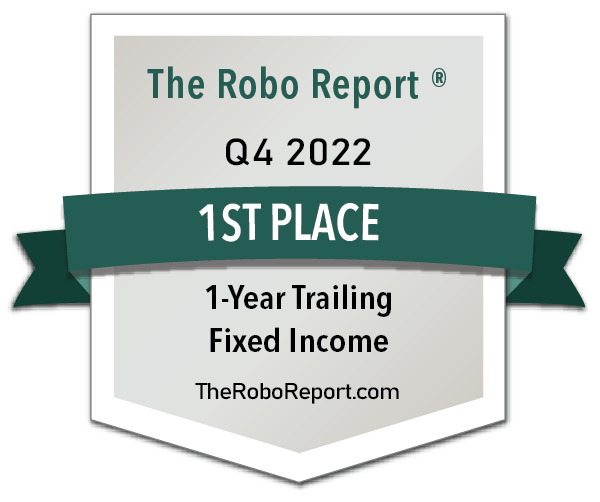
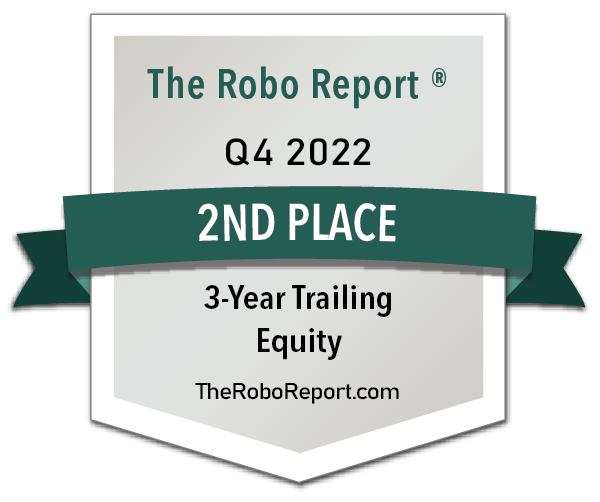
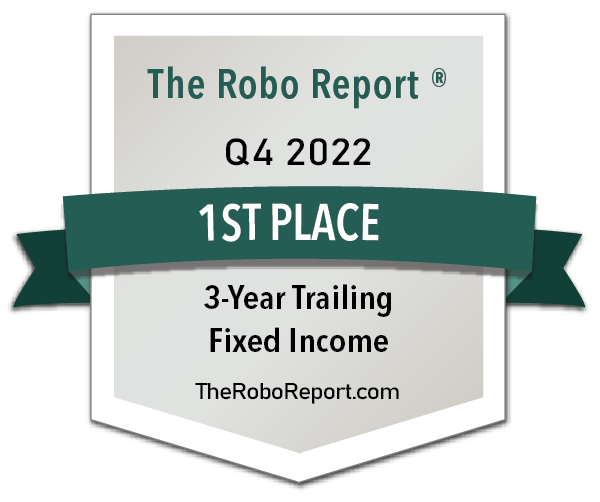

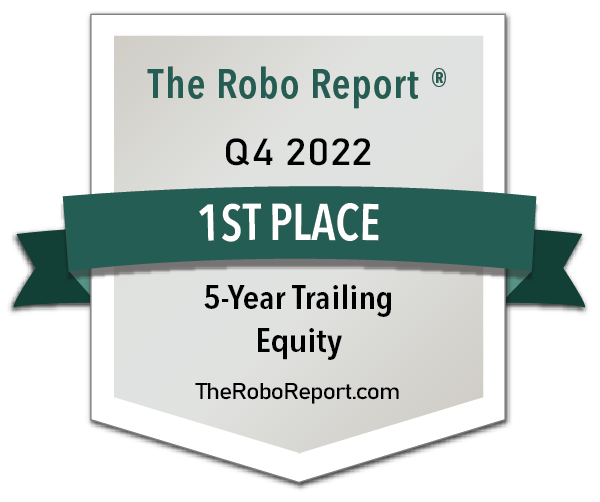
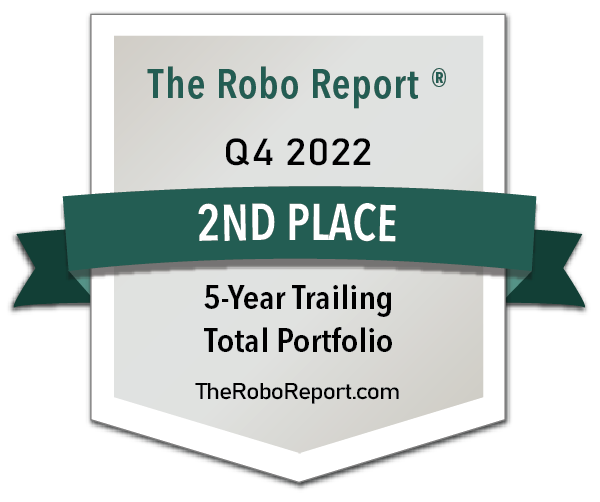
© 2023 Zacks Advantage | Privacy Policy | Unsubscribe
1 Wall Street Journal. February 28, 2023.
2 Zacks Investment Management may amend or rescind the A Better Way Forward: Actively Managing Passive Index Funds guide offer for any reason and at Zacks Investment Management’s discretion.
3 Zacks Investment Management may amend or rescind the A Better Way Forward: Actively Managing Passive Index Funds guide offer for any reason and at Zacks Investment Management’s discretion.
DISCLOSURE
Past performance is no guarantee of future results. Inherent in any investment is the potential for loss.
Zacks Advantage is a service offered by Zacks Investment Management, a wholly-owned subsidiary of Zacks Investment Research.
Zacks Investment Management, Inc. is a wholly-owned subsidiary of Zacks Investment Research. Zacks Investment Management is an independent Registered Investment Advisory firm and acts as an investment manager for individuals and institutions. Zacks Investment Research is a provider of earnings data and other financial data to institutions and to individuals.
This material is being provided for informational purposes only and nothing herein constitutes investment, legal, accounting or tax advice, or a recommendation to buy, sell or hold a security. Do not act or rely upon the information and advice given in this publication without seeking the services of competent and professional legal, tax, or accounting counsel. Publication and distribution of this article is not intended to create, and the information contained herein does not constitute, an attorney-client relationship. No recommendation or advice is being given as to whether any investment or strategy is suitable for a particular investor. It should not be assumed that any investments in securities, companies, sectors or markets identified and described were or will be profitable. All information is current as of the date of herein and is subject to change without notice. Any views or opinions expressed may not reflect those of the firm as a whole.
Any projections, targets, or estimates in this report are forward looking statements and are based on the firm’s research, analysis, and assumptions. Due to rapidly changing market conditions and the complexity of investment decisions, supplemental information and other sources may be required to make informed investment decisions based on your individual investment objectives and suitability specifications. All expressions of opinions are subject to change without notice. Clients should seek financial advice regarding the appropriateness of investing in any security or investment strategy discussed in this presentation.
Certain economic and market information contained herein has been obtained from published sources prepared by other parties. Zacks Investment Management does not assume any responsibility for the accuracy or completeness of such information. Further, no third party has assumed responsibility for independently verifying the information contained herein and accordingly no such persons make any representations with respect to the accuracy, completeness or reasonableness of the information provided herein. Unless otherwise indicated, market analysis and conclusions are based upon opinions or assumptions that Zacks Investment Management considers to be reasonable. Any investment inherently involves a high degree of risk, beyond any specific risks discussed herein.
The S&P 500 Index is a well-known, unmanaged index of the prices of 500 large-company common stocks, mainly blue-chip stocks, selected by Standard & Poor’s. The S&P 500 Index assumes reinvestment of dividends but does not reflect advisory fees. The volatility of the benchmark may be materially different from the individual performance obtained by a specific investor. An investor cannot invest directly in an index.
Robo investments are subject to some unique risks, including, but not limited to, the fact that investment decisions are made by algorithms based on investors’ answers to questions, there is a lack of human involvement, and there is the possibility that the software may not always perform exactly as intended or disclosed. Such investment programs are only suitable for investors who can bear the risk of a complete loss of their investments.
The S&P GSCI is the first major investable commodity index. It is one of the most widely recognized benchmarks that is broad-based and production weighted to represent the global commodity market beta. The index is designed to be investable by including the most liquid commodity futures, and provides diversification with low correlations to other asset classes. The volatility of the benchmark may be materially different from the individual performance obtained by a specific investor. An investor cannot invest directly in an index.
The NASDAQ-100 Index includes 100 of the largest domestic and international non-financial companies listed on The NASDAQ Stock Market based on market capitalization. The Index reflects companies across major industry groups including computer hardware and software, telecommunications, retail/wholesale trade and biotechnology. Index composition is reviewed on an annual basis in December. An investor cannot invest directly in an index. The volatility of the benchmark may be materially different from the individual performance obtained by a specific investor.
Zacks Investment Management 10 S. Riverside Plaza, Suite 1600 Chicago IL 60606-3830
Past performance is no guarantee of future results. Inherent in any investment is the potential for loss
Zacks Advantage is a service offered by Zacks Investment Management, a wholly-owned subsidiary of Zacks Investment Research. Zacks Investment Management is an independent Registered Investment Advisory firm and acts as an investment manager for individuals and institutions. All material in presented on this page is for informational purposes only and no recommendation or advice is being given as to whether any investment or strategy is suitable for a particular investor. Nothing herein constitutes investment, legal, accounting or tax advice. The information contained herein has been obtained from sources believed to be reliable but we do not guarantee accuracy or completeness. Zacks Investment Management, Inc. is not engaged in rendering legal, tax, accounting or other professional services. Publication and distribution of this article is not intended to create, and the information contained herein does not constitute, an attorney- client relationship. Do not act or rely upon the information and advice given in this publication without seeking the services of competent and professional legal, tax, or accounting counsel.
